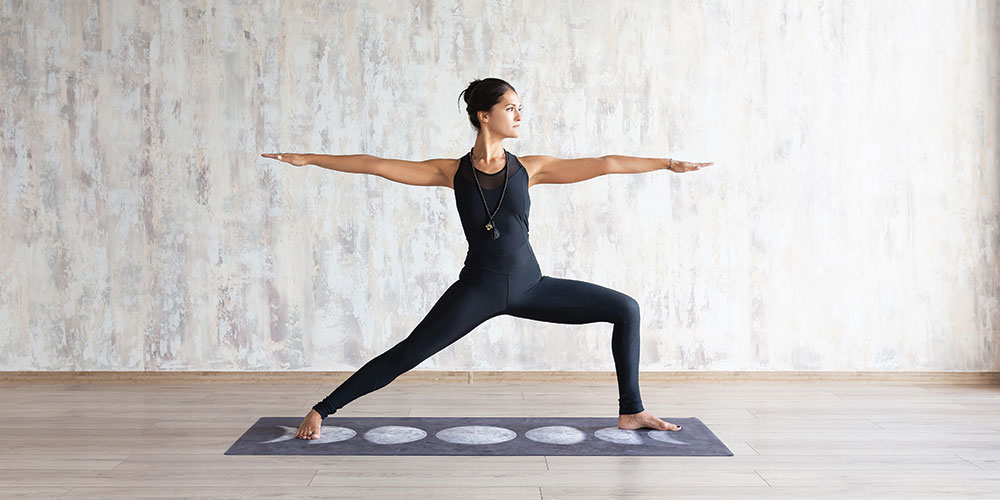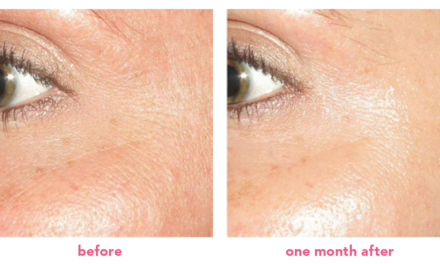What pelvic floor health looks like across the lifespan is wildly different from person to person, but one thing is consistent: change. Through each segment of our life, we owe it to ourselves to understand the true standards for pelvic floor health, not only so we can recognize when issues arise in order to seek help, but also, to incorporate a truly healthy and stable pelvic floor into our daily activities and lifestyle.
Pediatric
In children, pelvic health revolves around healthy bowel and bladder issues. Constipation alone can cause and contribute to long-term pelvic floor issues by impacting bladder symptoms such as delayed bedwetting, urinary urgency and incontinence into the school-age years, recurrent UTIs, even rectal prolapse and bowel leakage. Any one of these issues can impact how a child sees themself as they are also learning to navigate social aspects of their early years.
Pre-teen and Teenage years
For many of our young teens, we are seeing an increase in period pain, low back pain, and postural issues. For many of these young girls, medication is offered as a method to reduce intense period cramping, when simply learning breathing techniques and pelvic floor lengthening and retraining can decrease the amount of cramping, pain, and limitations that often accompany this time of the month. More and more teens are missing school, sporting events/practices, and social events because of period-related issues. The psychological impact can also affect confidence and self-esteem.
Athletes
Across the board, improving pelvic floor strength, coordination, and stability can be a gamechanger for almost any sport, activity, or workout regimen. The pelvic floor is often trained to “strengthen” and “contract,” when lengthening work and coordination training can improve performance and precision. The pelvic floor is just like any other muscle group in the body. It requires a full range of motion for the joints in the hip and spine, full ability to contract AND relax, and coordination, strength, and endurance to do its job well.
Fertility
A little-known aspect of pelvic health is the impact of the pelvic musculature system on both female and male fertility. The pelvic floor houses vital organs responsible for reproduction and blood flow, oxygen, and nerve flow that are all key to supporting these organs both structurally and viscerally. When there is restricted blood flow due to tightness or improper breath or movement patterns, this can impact how much blood the ovaries or the testes can receive, or even impact the angle of the cervix or uterus. Restoring balance and ease to the muscles and structures is key for fertility.
Pregnancy and Postpartum
For anyone who goes through a pregnancy, it’s important to recognize the amount of change that occurs in the body throughout the nine months of pregnancy. We tend to take for granted that the body is daily, miraculously, changing and adapting to increased blood flow, weight gain and shifts, a center of gravity displacement, and hormonal changes that impact our joints, ligaments, and muscular coordination. Birth itself is massive stretching of tissues, muscles, organ contraction, and/or major abdominal surgery. The magnitude of this event deserves to be recognized and honored with care, attention, and support. This will impact long-term health and wellness every time, and pelvic PT should be provided for every pregnancy and postpartum term.
Perimenopause, Menopause, and beyond
For most women, the changes that accompany menopause are processed as an ending, when in fact, the same muscles, tissues, and structures that we have hopefully been monitoring, assessing, and treating prior, can still learn to adapt, change, strengthen, and lubricate just like any other muscle group that we continue to workout, utilize, and care for after menopause. Helping the pelvic floor to thrive while addressing any issues that arise during these years not only helps with symptoms but elongates a higher quality of life.
The pelvic floor provides postural support, balance, hip stability, organ support and vitality, bladder and bowel control, and sexual function for both men and women. Our pelvic health changes and adapts at each age and stage, as should the way we care for it.
Amy Moses, PT, DPT, OMT is the co-founder and co-owner of MOJO Pelvic Health in Memphis. To learn more about pelvic health, visit www.MOJOph.com or on social media @mojopelvichealth on Instagram and Facebook. To contact Amy, please email amy@MOJOph.com.







